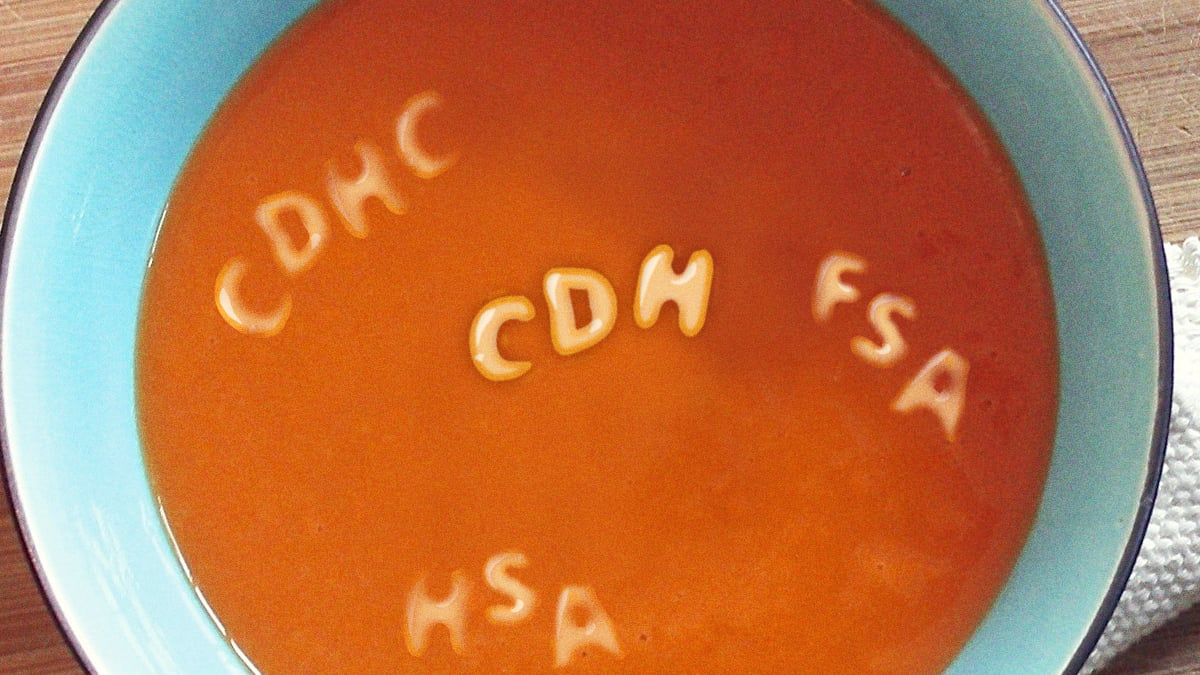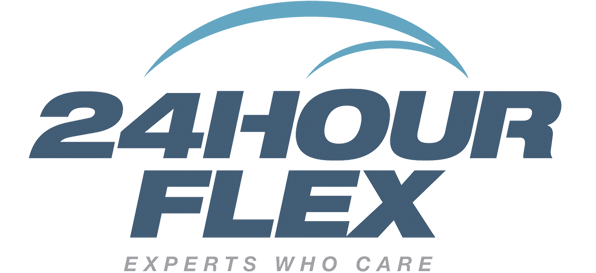
Overwhelmed by a dizzying string of options and acronyms, some Americans are overlooking their best options for health coverage simply because they’re confused by the terminology. Especially for Millennials and Gen Z, just graduating and launching careers, the choice for health coverage must be made quickly, often amidst a barrage of employer-supplied documents, with little time to research. Unfortunately, the plans that might help them the most are the easiest to overlook. But regardless of age or experience, many consumers don’t realize that HDHPs can lead to monthly savings, that HSAs are portable and that FSAs can have rollover options that avoid the use-it-or-lose-it penalty associated with the accounts. In fact, many don’t know what these acronyms stand for at all.
When conducting research for our “Paying for Healthcare in America” report, we found that despite a wide range of benefits that often align perfectly with many consumers’ needs and goals, only 12 percent of surveyed respondents chose HDHP coverage—though 50 percent had the option. Compare that to 47 percent of respondents enrolled in PPOs, and 25 percent enrolled in HMOs.
The problem is not that, after careful review, they have decided against HDHPs and HSAs—it is that they are simply not aware of them, and have not been enlightened of their benefits. And without a working knowledge of what the acronyms HDHP, HSA and FSA stand for—much less actually mean—these great healthcare and savings tools become a veritable alphabet soup of forms and paperwork.
In many ways, the Alphabet Soup dilemma presents as much of an opportunity as a challenge. Because it is driven by a lack of consumer understanding, it offers a means to improve communication and stakeholder engagement.
New findings now underscore this. It comes via Frank Luntz, a leading public opinion poller and focus group researcher who found the following when conducting focus groups for the Health Savings Account Council:
- Only 56 percent of the people surveyed could identify what the HSA acronym stands for. The fact that 44 percent of people still get it wrong tells us that an information gap exists.
- A majority (59 percent) say they don’t know someone with an HSA.
- If they had to choose, 72 percent said they would have a more favorable impression of “health savings accounts” versus “HSAs.”
These findings led Luntz to conclude that our industry must stop using the HSA acronym. Instead, we need to spell out “health savings account.”
But that isn’t true of all three of these acronyms. Instead of calling an “HDHP” a “high-deductible health plan,” call it “a health-savings-account eligible plan” or a “consumer-directed health plan.” Consumers are less likely to understand the value of these plans if we only use the scary-sounding phrase “high-deductible health plan.”
In other words, we have great products in HDHPs, HSAs and FSAs, but we have been doing a bad job of communicating about them with acronyms. By clearly decoding and demystifying the jumble of acronyms consumers face, we can contribute to much greater clarity to a healthcare marketplace that desperately needs it.
Blog Partner | Wex
